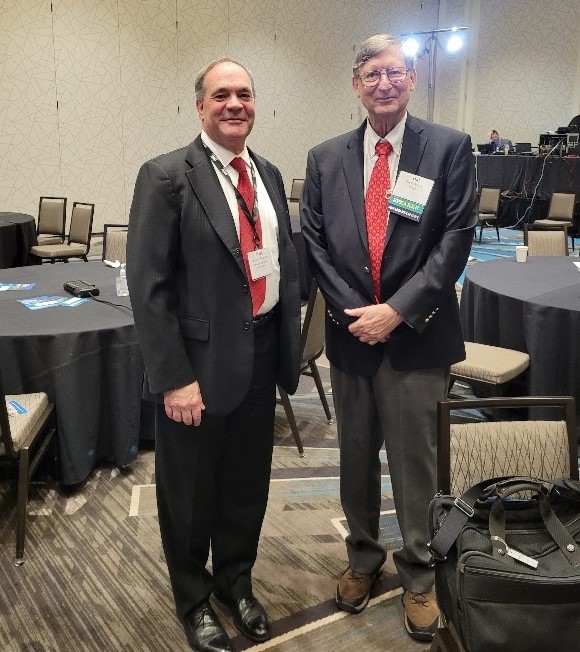By: Mark D. Troutman, PhD, CFP®
The National Association of Business Economists is the leading organization for financial professionals engaged in economic analysis and forecasting. I’ve been a member for over ten years and this past week attended our annual meeting. The gathering included conversations with Secretary of Treasury Janet Yellen, Deputy Chair of the Federal Reserve Lael Brainerd, President of the Chicago Federal Reserve Bank Charles Evans, and dozens of Chief Economists from companies across the world. The meeting provided great perspectives, and I’ve included some highlights below.
Top of the “concern list” was the question of whether this year’s inflation spike will be transitory or permanent. The views were mixed, with a bias toward the view that the present burst of inflation will last longer than expected before abating. In the words of one speaker who leads the Peterson Institute, an economics think tank, “…it is possible for inflation to persist and not be troubling…”
Supply chain disruptions at the root of supply side constraints are worsening, creating a pattern that one CEO from the home building industry described as “rolling price disruptions.” The labor market, another key backup, has been slow to recover owing to caution by workers and a clear preference for remote work. Employers by contrast prefer a partial regathering to offices.
Solutions will lie somewhere in between and will vary by firm, and it will take time to reach the mix of flexibility and gathering. The most serious risk is “wage push inflation” inflation which drowns out income increases brought about by higher wages. Views leaned toward a view of transitory inflation but confirmed the advice we have shared with clients – be vigilant in the short term while they maintain a long-term focus.
The Federal Reserve has carved out a two tools, as one speaker described a “Balance Sheet Policy” and a “Policy Rate Policy.” The Fed will adjust the size of the balance sheet first, allowing its growth to slow toward the end of the year. Upward rate adjustments will follow later, likely in 2022. The Fed’s goal is to curtail support in a controlled manner.
Treasury Secretary Janet Yellen outlined Administration fiscal policy, structured around infrastructure investment, broadband access and environmental improvements intended to facilitate long term growth. Interestingly, there was no discussion about total package sizes for infrastructure and social spending. The approach assumes that interest rates will remain low for some time, making debt finance viable for short and medium term, with adjustments to deficits and debt following later.
Industry breakout sessions highlighted technology improvements. US Industry is as innovative as ever with evidence that COVID accelerated trends that were underway. Warren Buffet is right – it’s a bad idea to bet against the US economy in the long term. I heard about battery technology for transportation and grid storage, zero carbon fuels and technology to improve productivity in labor intensive industries such as education and health care. The manufacturing underlying these shifts drives changes in commodity demand, particularly in rare earths. All these trends hold investment opportunities.
China and its increasingly hostile business climate made the agenda, as the Chinese Communist Party (CCP) seeks to curb excesses and support favored industries. The CCP’s bias toward shutdown to contain COVID proved more disruptive than first believed. Business is still seeking engagement in China even as it moves to diversify supply chains and closely watches CCP policy developments.
The assessment is an environment that includes risks of inflation and policy errors, but a long-term picture that holds promise for productivity improvements and future opportunity. Investors with a clear plan and disciplined execution that includes flexibility to move on unexpected opportunities will best be positioned to realize their goals.■

Treasury Secretary Janet Yellen

Mark Troutman & Dr. Hal Varian, Chief Economist of Google




